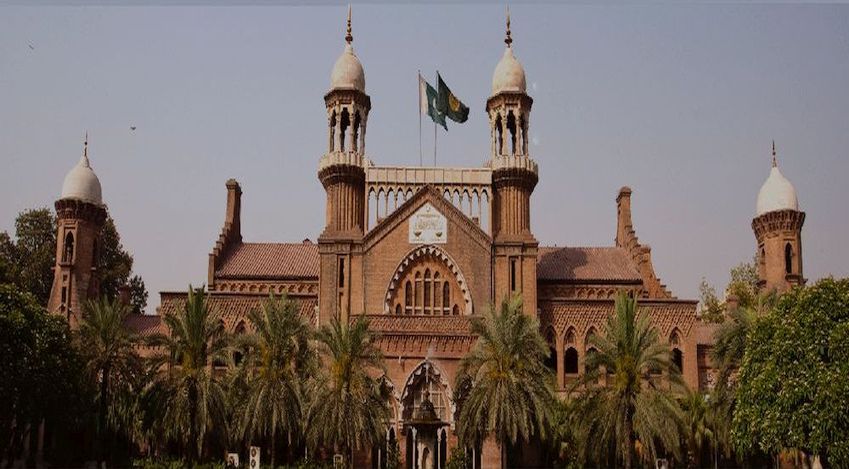Arbitration Awards can only be set aside for clear Misconduct or Procedural Errors; the Courts cannot re-evaluate evidence and must respect the autonomy of the Arbitration Process --- Lahore High Court, Lahore
Islamabad 12-11-2024: In a significant ruling, the Lahore High Court has dismissed a petition challenging an arbitration award in the case “Tafazzal Abbas, etc. Vs. Saif-ur-Rehman, etc.” [Civil Revision No. 1525 of 2015], affirming the validity of arbitration as a means of dispute resolution. The decision, issued on 16-10-2024, emphasized the limited scope of judicial interference in arbitration awards, reinforcing that Courts should not act as appellate bodies over arbitral findings.
The dispute dates back to an agreement made in 1982, in which Respondent No. 2 agreed to sell a property to Respondent No. 1. While a partial payment was made, the parties failed to reach an agreement on the final price, leading them to appoint arbitrators to resolve the matter. After the arbitrators failed to deliver a consensus, the matter was referred to an umpire, who ultimately issued an award valuing the property based on its 1974 market price.
The trial Court initially ruled in favor of making the award a rule of the Court, raising the payable amount from the award’s Rs. 50,000 to Rs. 1,000,000 to account for inflation. This decision was challenged by the petitioners, who argued that the award was procedurally flawed and barred by time.
The Lahore High Court upheld the trial Court’s ruling, highlighting the limited grounds available for setting aside an arbitration award under the Arbitration Act, 1940. The Court relied on Section 30, which allows awards to be set aside only in cases of arbitrator misconduct, invalid proceedings, or improperly procured awards. Furthermore, Section 33 provides avenues for challenging the existence or validity of an arbitration agreement or award, which the Court found had not been substantively demonstrated by the petitioners.
The Court cited landmark cases such as [PLD 1996 Supreme Court 108] “M/s Joint Venture Kg/Rist Vs. Federation of Pakistan” and [PLD 2011 Supreme Court 506] “Federation of Pakistan Vs. Messrs Joint Venture Kocks Kg/Rist”, reinforcing that Courts cannot re-evaluate evidence and must respect the autonomy of the arbitration process.
The Court also discussed the criteria for arbitrator misconduct, distinguishing between “legal” and “moral” misconduct. The arbitrator or umpire, it held, must act with fairness, and only significant breaches in these standards would justify Court intervention. Additionally, the award’s timeliness under Rule 3 of the First Schedule of the Arbitration Act, 1940 was upheld, given that procedural delays were not deemed to invalidate the award.
This judgment underscores the Court’s stance on respecting arbitration as a chosen forum for dispute resolution. It confirms that the decisions of arbitrators, once appointed, should generally be final and binding, with minimal scope for judicial interference unless there are clear errors or misconduct apparent on the award’s face.
Powered by Froala Editor








